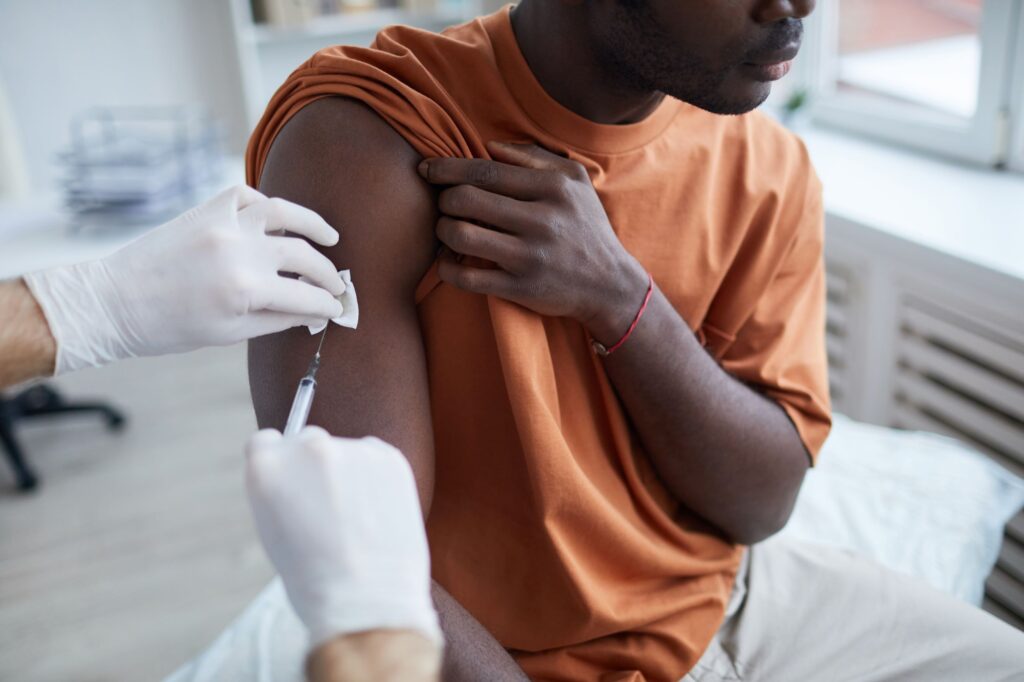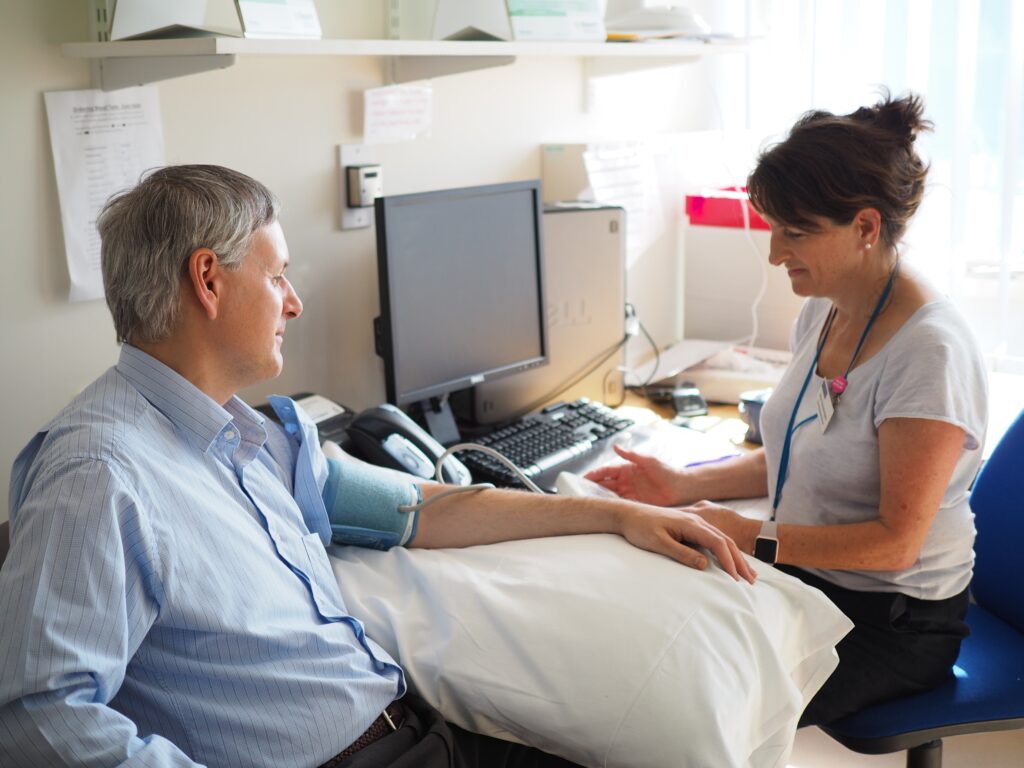Health Economics forms an important element of healthcare research and the Health Economics Hub supports and facilitates health economic research and training across the Oxford BRC, while engaging in a central overarching programme of health economic research. There are active health economic research programmes embedded in diverse themes, from Imaging to Genomic Medicine and Cancer.
Why health economics is important in translational research
Before they can be adopted into the NHS, new interventions and technologies are formally evaluated by the National Institute for Health and Care Excellence (NICE). A key factor for NICE’s decision-making is typically cost-effectiveness.
For this reason, health economic research is often needed to help translate discoveries and early-stage findings to the NHS. The hub facilitates health economic research within and across themes by providing advice and training. Even at an early stage of development, it can be useful to consider health economic modelling and assessment. It is particularly important to ensure that clinical research plans incorporate the collection of relevant health economic data, such as information on cost and quality of life.
Following a BRC symposium on evidence-based ‘levelling up’, the hub is engaged in a programme of research on how to improve the diversity and inclusivity of recruitment in clinical studies and trials. Ultimately, greater diversity in clinical research participation should lead to better evidence for understanding efficacy in, for example, ethnic minorities and people with lower socio-economic status (SES). In connection with this, the hub is designing studies to test the impact on recruitment levels and diversity of different recruitment strategies, as well as considering strategies to measure SES in an efficient and consistent way across multiple studies.
Contacting the Health Economics Hub
Previous BRC research where health economics has played a key role:
COVID-19 pandemic
Oxford BRC infrastructure and initial funding allowed researchers, including those working on the Oxford-AstraZeneca vaccine, to quickly address the COVID emergency, and sped up development of the world’s most widely used COVID vaccine.
Using IMF estimates of the impact of the pandemic on the global economy, a BRC Health Economics team estimated that if BRC infrastructure sped up development of an effective vaccine by even one day, the value to the global economy could be up to $15bn.

This work was cited in a UK Parliament POST note overview of vaccine development and technologies.
Even before a COVID-19 vaccine was approved by regulators, Oxford BRC health economists were leading efforts to consider the critical problem of how countries should allocate initially very limited doses. An article in The Conversation highlighted key decisions governments needed to make, while the BRC-funded CANDOUR study broached the issues of vaccine prioritisation and willingness of the public to support donating vaccine doses to low income countries.
As governments tackled the constraints around the availability of diagnostic tests, the Oxford BRC’s health economists published an article examining whether pooled sample testing should become a key component of the strategy to combat COVID19. This approach was subsequently used in a wide range of countries.
AI-based imaging technology
Working with the Oxford BRC Imaging Theme, health economists assessed the potential cost-effectiveness of CariHeart®, an AI-based innovative imaging technology, for people with recent onset chest pain.
This preliminary economic evaluation, based on the CRISP-CT study, found that if CariHeart® was used in the CT scans of all 120,000 patients per year in England, it could prevent 2,687 non-fatal myocardial infarctions and 1,474 cardiac deaths, while saving the NHS £22.8m over eight years.
Rapid assessment and treatment of TIA

Earlier studies by Oxford BRC researchers had established that rapid assessment and treatment of TIAs (mini-strokes) prevents major strokes, reduces death and disability, and is cost-effective. BRC health economists, reporting the longer-term results of the Oxford-based EXPRESS study, showed that the benefit persists over a 10-year follow-up period.
Rare disease diagnosis in healthcare
A world-first study showed that whole genome sequencing (WGS) could uncover new diagnoses for people across a broad range of rare diseases. The pilot study of rare undiagnosed diseases involved analysing the genes of 4,660 people – all of whom were early participants in the 100,000 Genomes Project – covering 161 disorders across a broad spectrum of rare diseases.
Health economist Professor Sarah Wordsworth led the health economic analysis of the study, which examined the use of NHS resources (hospital inpatient stays, outpatient visits and A&E) and costed these hospital episodes. The economic analysis revealed that the potential NHS savings were extremely high; the combined cost for 183,273 episodes of hospital care among the affected participants was £87 million.
This health economics work has fed directly into NHS decisions about which rare diseases to implement into routine care as part of the new NHS Genomic Medicine Service.

